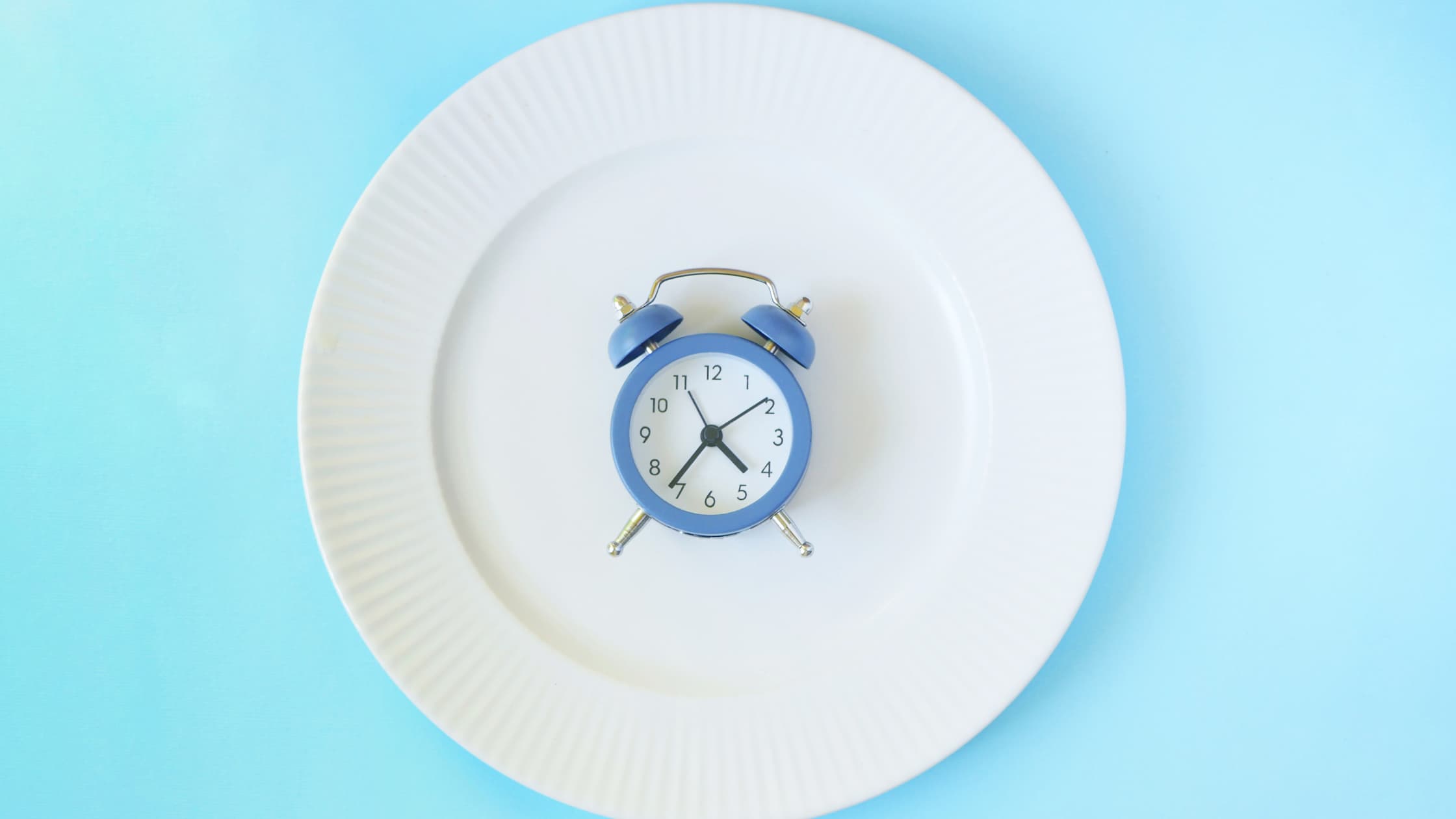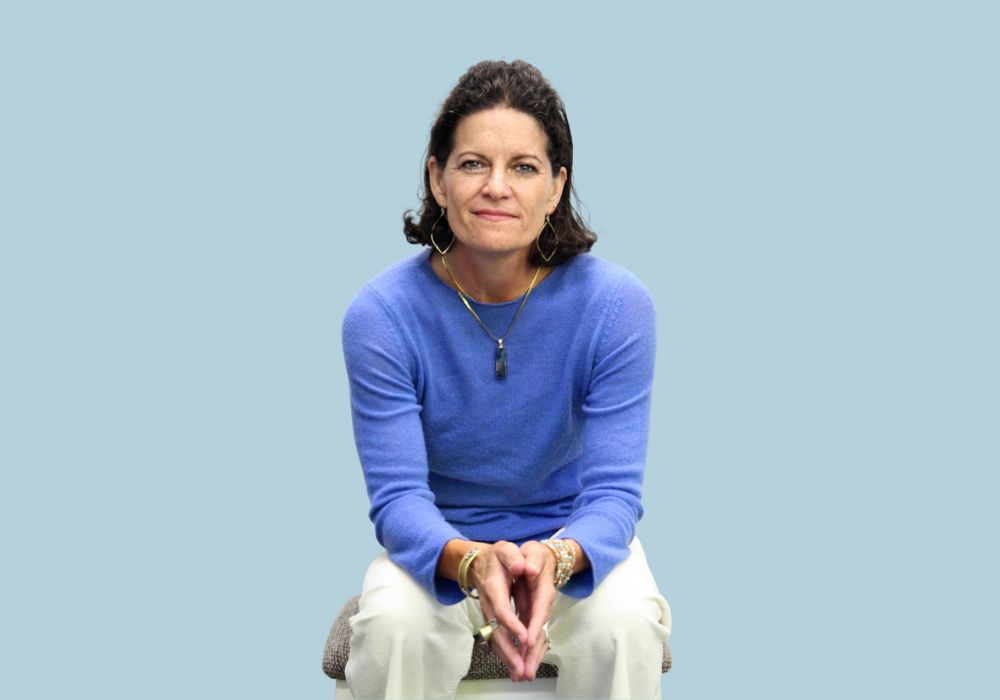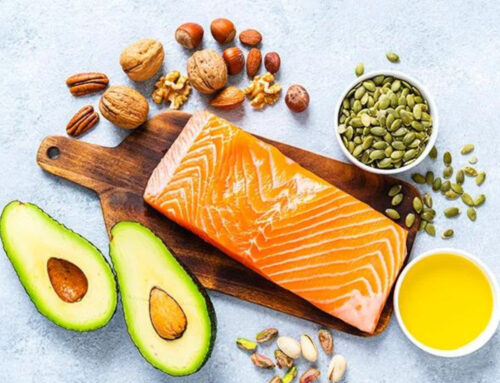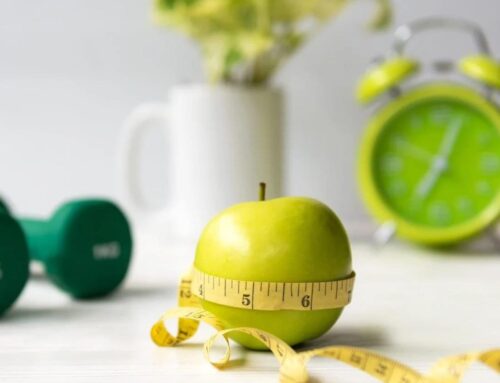I’m dispelling all the women and fasting myths today in my new youtube video, and talking about how women of every age group should be fasting…because when it comes to fasting, age does matter!
Some of the common women and fasting myths include:
- Fasting isn’t safe for women. False. If you’re not convinced, watch Why every woman should be fasting.
- Fasting will tank women’s hormones. False. Fasting actually helps balance hormones through the mechanisms of the Hormonal Hierarchy. Certain hormones have more power over others. So if you want to influence sex hormones, which are at the bottom of the hierarchy, you need to work on your oxytocin, cortisol and insulin levels.
- Women need to fast differently than men. True! Because women have monthly hormonal cycles, supporting hormones at critical times is important.
- Fasting can help women wanting to lose weight. True!
- Fasting can help women prevent disease and slow down aging. True!
How should women start fasting?
Step 1: Start by building an intermittent fasting lifestyle. Also, read my Beginner’s Guide to Fasting, it’ll help you with everything you need to get started.
Step 2: Now that you’re fasting, the question becomes, are you getting into ketosis? Here is what you can do if you’re struggling to get into ketosis.
Step 3: Build a fasting lifestyle that integrates the 9 different types of fasting. Once you’ve mastered intermittent fasting, learn the other types of fasts and explore how different lengths of fasting can help in different areas of your health. You can practice fasting variation with me for free in the Resetter Collaborative, where we fast as a group monthly!
Step 4: Fast around your cycle. I’ll talk more about this below, specifically how women of different age groups need to fast around their cycles so they don’t tank their hormones.
Fasting rules for women
Women < 40
If you still have a cycle, I recommend that women do not attempt longer fasts between Day 21-Day 28 of their cycle, in other words, the week before your cycle. This is a time you need to make the hormone progesterone. While intermittent fasting is okay, fasting for 24+ hours can cause progesterone levels to drop. The week before your cycle, you want to be focusing on hormone building foods and avoiding low carbs and ketosis.
Also, if you’re not already tracking your cycle, it’s easy to do with an app like Clue, so you’ll know exactly when you’ll need to back off longer block fasts and focus on supporting your hormones.
Women 40-55
If you’re this age group like me, this is a time of shifting hormones. Your estrogen and progesterone levels are starting to decline, and your body will hand off the job of making sex hormones to your adrenals. This is why women can suddenly feel fatigued, and why it’s important to strengthen your adrenals.
When it comes to fasting, you’ll follow the same fasting rules as the <40 age group, however you’ll want to also be watching out for symptoms of low progesterone, like irregular spotting, insomnia, weight gain, anxiety and irritability. A Dutch Hormone Test can give you insight into how your hormones are doing and help you figure when to fast and when to be supporting hormone production.
Women 55+
If you don’t have a cycle, the good news is you can fast anytime. This goes for women who have had a surgical menopause, like a hysterectomy or are postmenopausal. However women 55+ still need to be careful about hormone levels, so I recommend stepping out of ketosis periodically, either weekly or monthly. This can look like 1 day a week of hormone building, or taking 5 days every month to work on hormone building.
Add Progesterone Building Foods
Here are some tips on what to eat to rebuild hormones. Some of my favorite progesterone building foods are:
- beans
- Squash
- Potatoes
- Quinoa
- Citrus and tropical fruits
- Dark leafy greens
- Sunflower and pumpkin seeds
- Grass Fed beef
- Organic poultry and wild seafood
For women of all age groups, hopefully you see that the point is not to stay in a static state of ketosis or long fasting, but to regularly step out of ketosis to support diet variation and building healthy hormones necessary for ultimate wellness.
RESOURCES
- Reset Academy: https://resetacademy.drmindypelz.com
- Dr. Mindy’s Facebook Page: https://www.facebook.com/drmindypelz
- Dr. Mindy’s Facebook Group: http://bit.ly/Resetters
- FREE 30 Day Ketobiotic Woman e-course
- Dr. Mindy’s Menopause Reset Book











Hello. I recently did a 3 day fast. I allowed myself black Bulletproof Decaf coffee, organic decaf green tea and water.
For the full first day I was nauseated, bloated and belching. So, nauseated in fact that I had a teaspoon of ACV before bed.
Day 2, woke up nauseated and bloated. Through the day my nausea subsided, but still bloated and belching. I had foot cramps the 1st night, so I added Redmonds salt to warm water a couple times Day 2-3. Helped with craps. Day 3 less bloating, but belching and gas.
Broke my fast with lean organic chicken breast with little salt and bone broth. Woke up the 4th morning with lower intestine cramps, bloating and constipation. Oh and still belching.
Have you heard of side effects like this? Maybe the food I ate prior to the fast? Maybe do a longer fast next time? I do intermittent fasting several times a week.
I did have great focus and energy Day 2-3. And despite the issues, I was and still am in a fabulous mood.
In her fast like a girl book she goes over why these side effects might happen and has a lot of YouTube videos on it as well. It could be your body getting rid of toxins or it could be that the foods you ate before the fast were not good or at least not enough to help sustain you as well. I had one or two fasts like that but was able to pin point it was lack of hydration before for me. Hope that helps keep up the great work!
just finished a 36 hr fast and im spotting have not had a period in 2 years ill be 56 in april. is this normal ?
Yes ! Your body is starting to get a Ruth of its hormones again. If you spotted I would count the first day of spotting as day 1 and do 1 month of the fasting cycle to see if it comes back at the same time next month
On another page, https://drmindypelz.com/fasting-for-women/, it says “After menopause, ovaries in women shut down. At this stage, sex hormones are usually low. Therefore, fasting should be kept at a minimum. For a menopausal woman, intermittent fasting is the best.” and the message for over 55 on this page seems different?